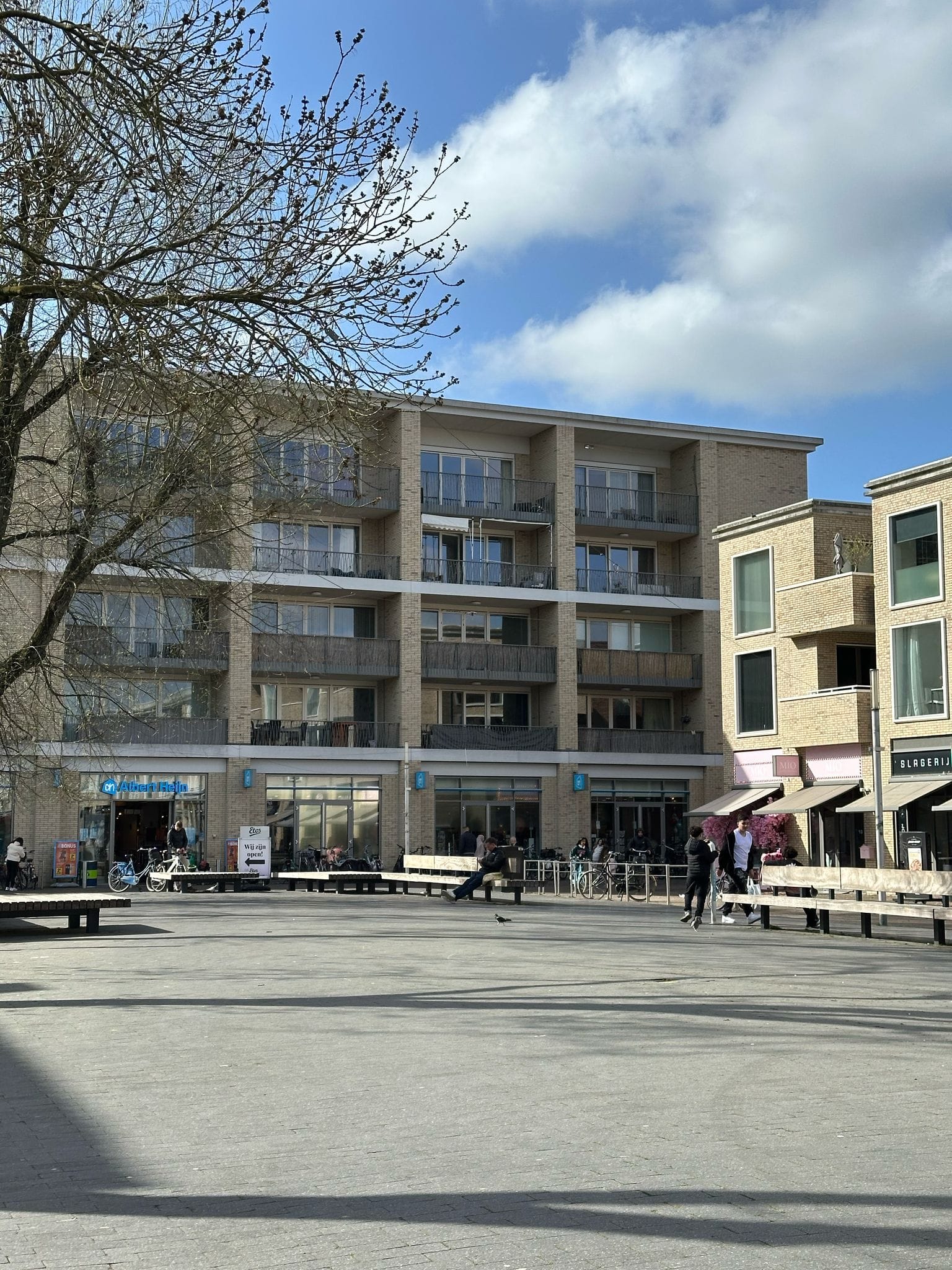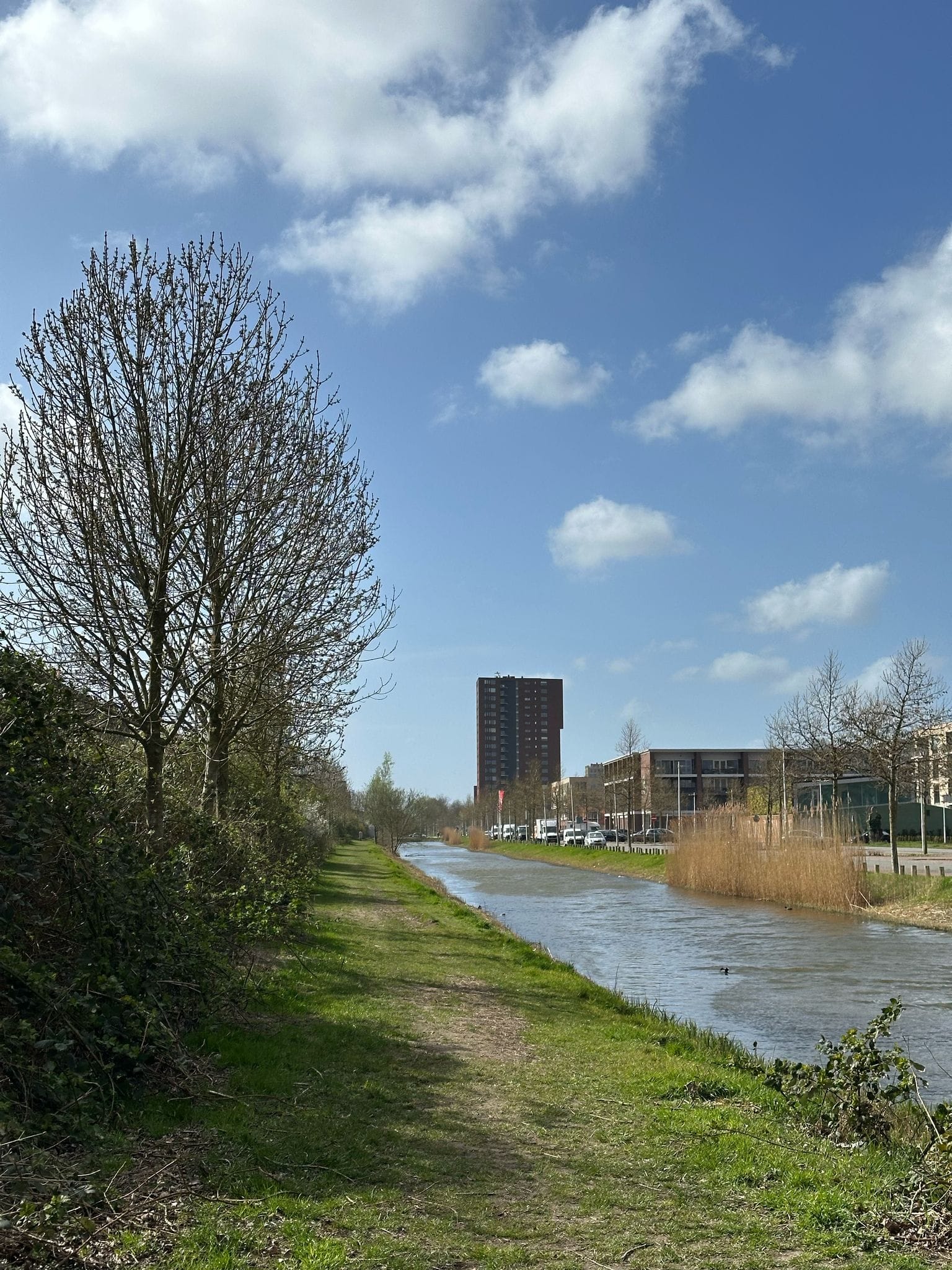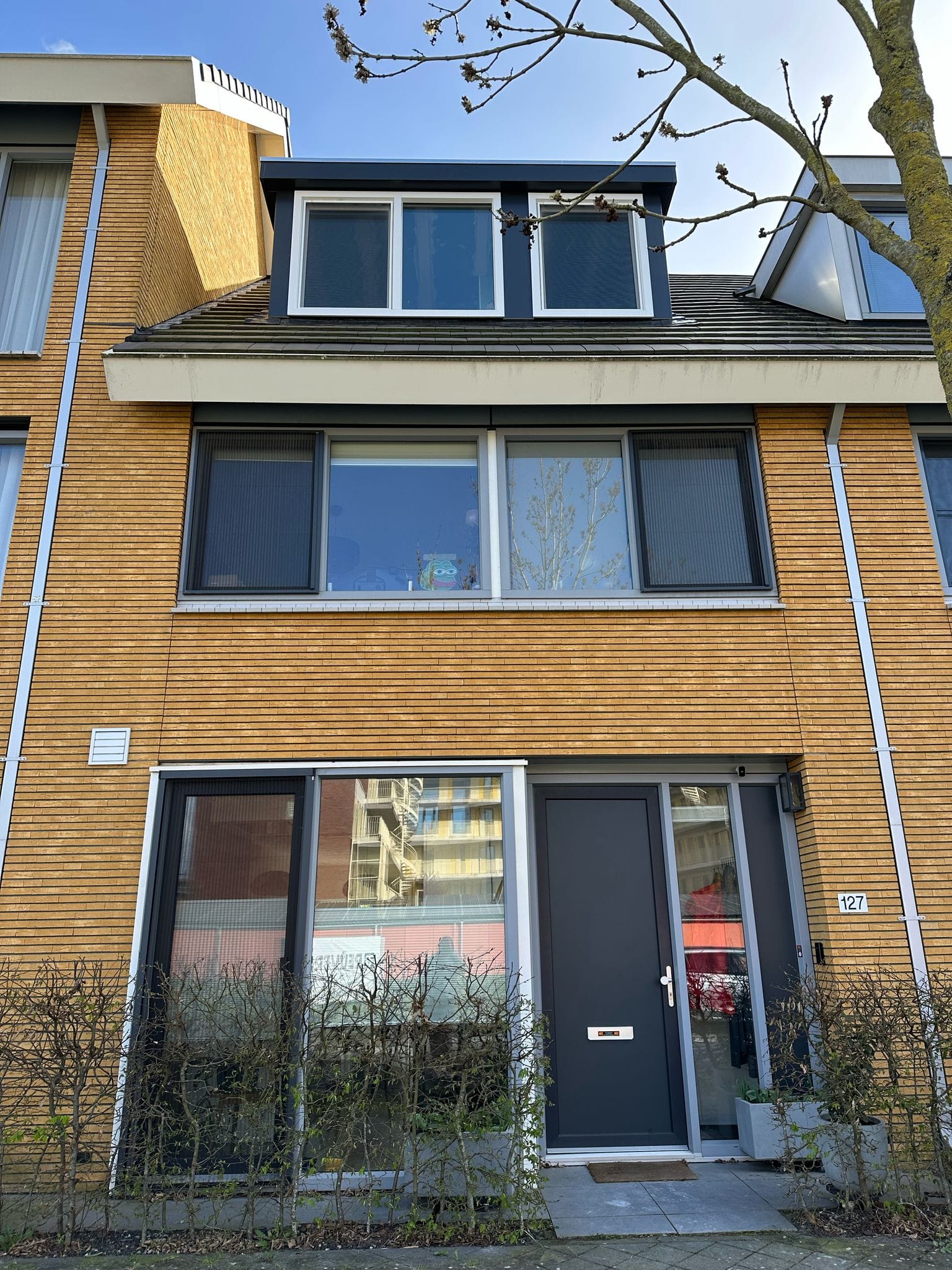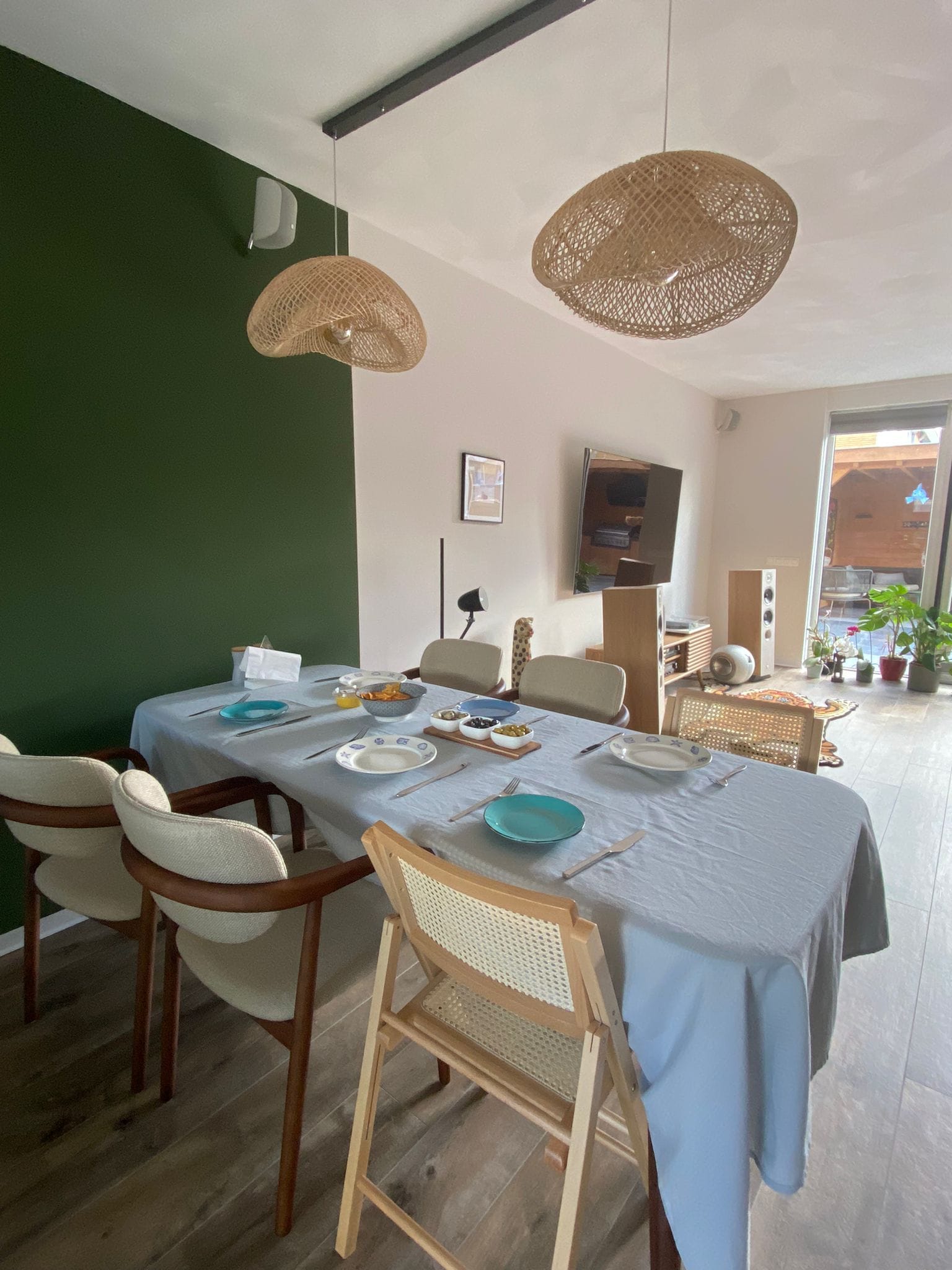Today’s story is shared by Polina who has moved to the Netherlands together with her husband. She is going to tell us about her impressions of Utrecht and the house hunting experience, providing some useful details for those who are looking to buy a property in this area.
The Netherlands: Our Story
Originally, we came to the Netherlands because of my husband’s job. He was working for a Russian company with a key European office in Utrecht, and a vacancy opened there, so we decided to apply. I used to work as a medical doctor, but due to differences in the healthcare system and because I didn’t know the language at that time, I requalified and became a biomedical researcher.
We spent the first two weeks in a hired one-room apartment. My husband went to the office every day. Meanwhile, I was exploring the city and looking for a long-term rental apartment for us.

Utrecht: First Impressions
My first impressions of Utrecht were nice. The city center is green and very bike / pedestrian-friendly; I was amazed by people with 3-4 kids or furniture moving around with a bucket bike. We stayed around Grift Park – the main city park – and went there for a walk almost every day. Utrecht is beautiful and much less touristy than Amsterdam but has everything you need: restaurants, shops, nightlife, a big international university, double-dock canals, and nature parks.
Renting in Utrecht
It was 2020, and for the budget we had, we only could afford to live either in a very small apartment in the city center or in a bigger property outside the main Utrecht Circle Road. The area I liked was Utrecht Terwijde. By the way, this is where we are living now, but at that time it was actively building, public transport was a bit of a problem, and I thought that biking for 25 minutes from the city center was too far (haha, how was I mistaken). So, we ended up renting a bigger flat in Houten. This is a town located in the Utrecht area which is quite autonomous; if needed, you can take a train to Utrecht now and then.
When we decided to buy a house, Utrecht was a priority place to search. We checked a few other areas but, in the end, realized that we wanted to settle in a new build area in the west of Utrecht, Leidsche Rijn or Terwijde. We ended up buying a house in the middle of these two.
Leidsche Rijn is a great substitute for the city center: there’s a shop square, a huge supermarket, its community with kid’s festivals, parties, and promotions, a cinema, a library, the biggest park in the area – Máximapark, and even a beer brewery! And you can easily take a train to go anywhere you need or bike 15-20 minutes will Utrecht city center.
Now it’s been almost 3 years we have been living in our house, and we are busy with a renovation on the last floor, so we’ll be staying here longer for sure. What I particularly like about this location is its proximity to the city centers of Utrecht and Amsterdam Zuid, combined with its quiet atmosphere.
Buying Property in Utrecht: Step by Step
We began our property search in late 2021, and it took us several months to focus on the area described above. Within Randstad, which includes the densely populated cities of Amsterdam, Utrecht, Rotterdam, and the Hague, buying or renting a property is considerably more challenging than in more rural areas.

The most popular platform for property search in the Netherlands is funda.nl. We decided not to hire a real estate agent because we knew what we were looking for. However, buying a house requires making bids. There’s an asking price set by the seller, and you have three options: bid the asking price, bid higher, or bid lower. The more you bid, the higher your chances of having your bid accepted, but you are actually bidding blind – you don’t know how much other potential buyers are offering. To help navigate this, we hired a financial advisor who assisted us in determining our bid amount and securing a mortgage.

The real estate market in the Netherlands has always been challenging, but it worsened after the pandemic due to a significant shortage of available properties. Additionally, it is often more cost-effective to buy a home and pay a mortgage than to rent, especially for larger families, which drives up demand. Even with our financial advisor's assistance, we had to make bids on over 20 homes before we successfully purchased one, ultimately exceeding the asking price by 12%. In total, it took us five months to close the deal.
Once our bid was accepted, it took us another 1.5 months to gather all the necessary documents for mortgage approval from the bank. This process typically requires presenting personal documents, salary slips, work contracts, and property valuation. The entire process is digital, so you only need to visit the notary to sign the deal.

It is also advisable to request a technical inspection of the house to avoid any surprises after the purchase. If significant issues are discovered during this inspection, you have the right to negotiate the price with the seller – or even cancel the deal.
Our financial advisor spoke perfect English, so we didn’t need to use Dutch at our meetings. Yet please mind that all the official documents are prepared in Dutch. In any case, I would recommend having at least a basic understanding of the local language. Additionally, speaking Dutch can increase your chances of scheduling a viewing if you contact a real estate agent.
Summary
During the process of buying a house, I was pleasantly surprised by how digitalized everything is here. Having prior experience with the German real estate market, I found that this system is much less bureaucratic, as it relies less on physical paperwork.
As for the drawbacks, the most disappointing aspect of the purchasing experience was being rejected as a buyer. Each time I visited a property I liked and wanted to bid on, I would start imagining how I would live there and where I would place the furniture. When I faced rejection, each time it felt like that dream was shattered.
A common mistake is to buy an older house that is closer to the city center, which often requires constant renovations that can be very costly in terms of both money and effort. Instead, I would recommend focusing on newer properties, even if they are farther away.




